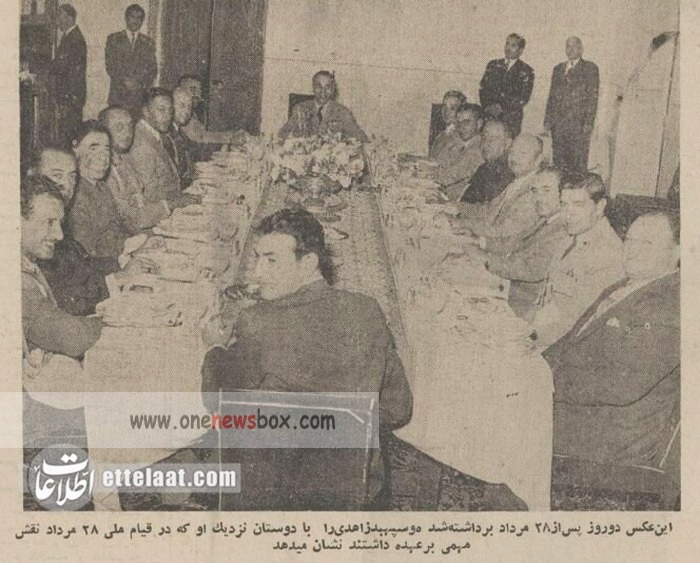British Oil Concessions and Iranian Discontent
Iran’s struggle with foreign exploitation dated back to the 19th century. Concessions granted to European powers often gave them sweeping control over Iran’s natural and economic resources. In 1901, Mozzafar al-Din Shah Qajar granted William Knox D’Arcy, a British entrepreneur, exclusive rights to search for oil across most of Iran. This concession eventually led to the creation of the Anglo-Persian Oil Company (APOC), later renamed the Anglo-Iranian Oil Company (AIOC) and eventually evolving into today’s BP (British Petroleum).
While Britain reaped enormous profits, Iran received only a modest share—16% of net profits, without proper auditing rights. This inequality fueled resentment among Iranian politicians, intellectuals, and the public. By the 1940s, AIOC’s dominance had become a symbol of national humiliation.
The Rise of Mosaddegh
Born in 1882 into an aristocratic family, Mohammad Mosaddegh was educated in France and Switzerland, where he earned a doctorate in law. Returning to Iran, he became a passionate advocate of constitutionalism, rule of law, and national sovereignty.

